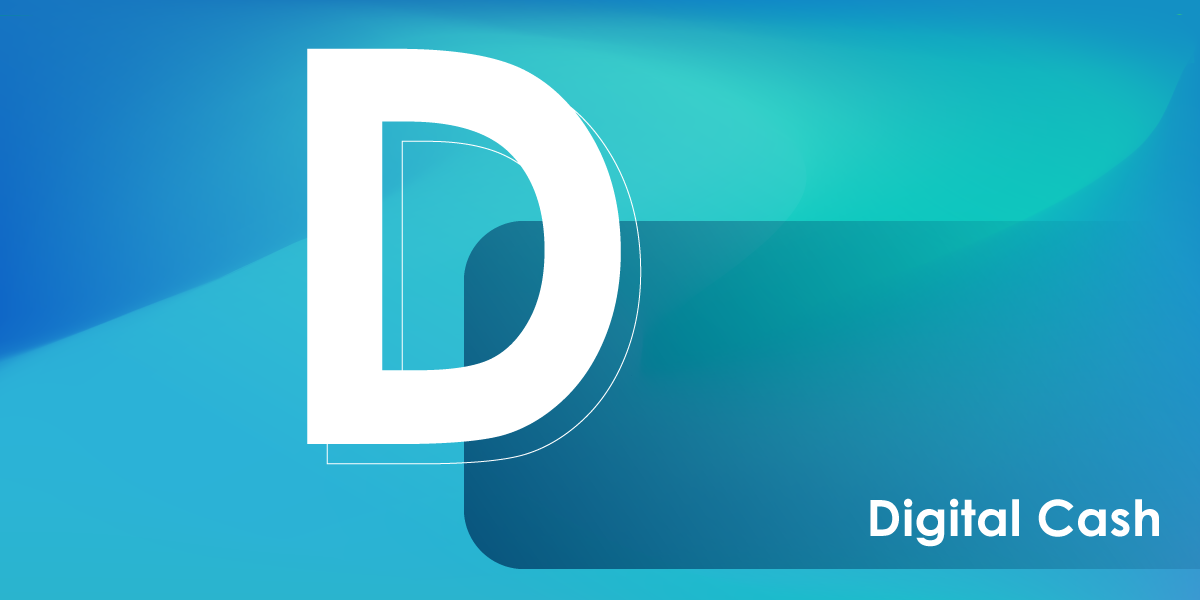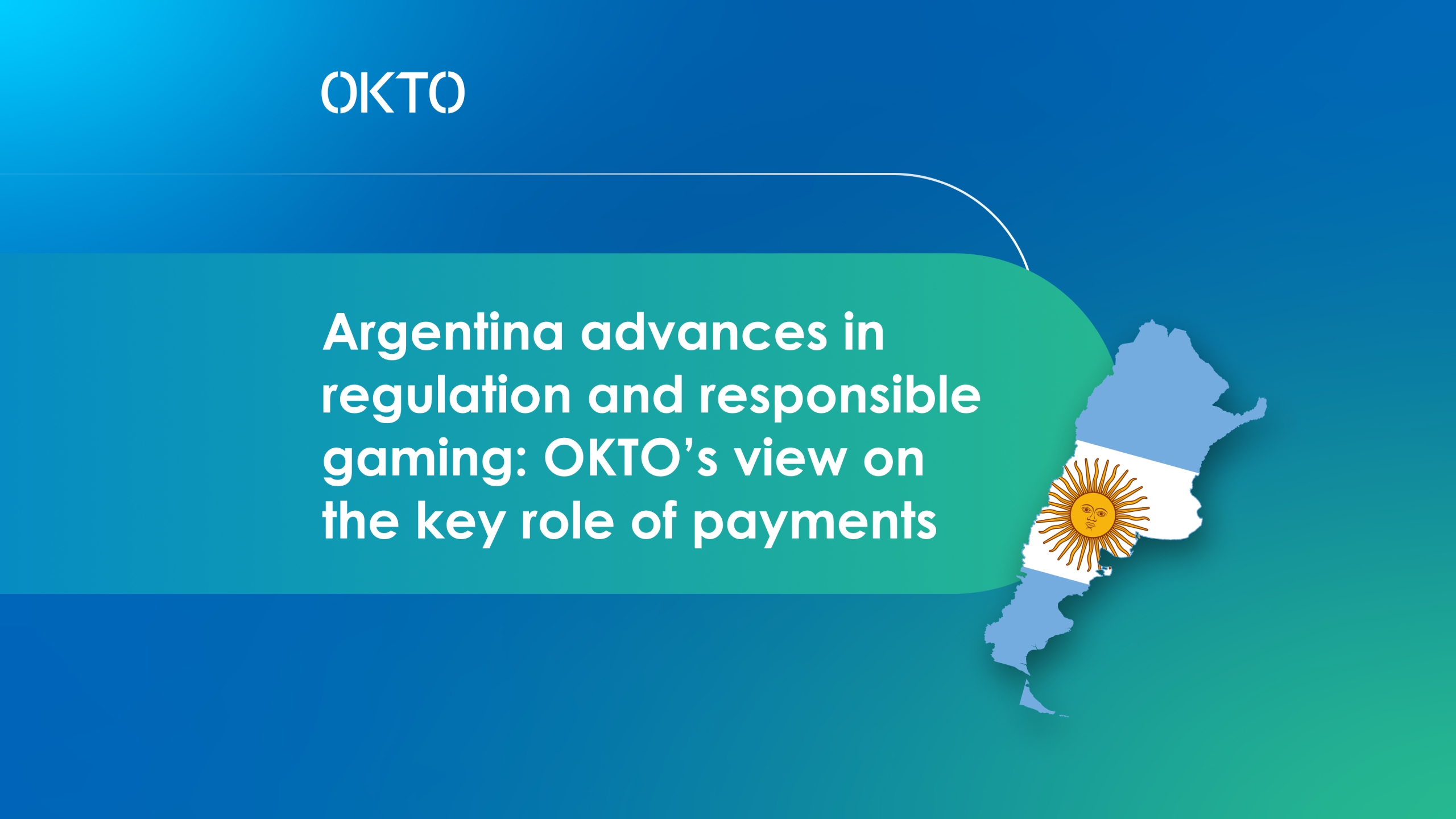What is Digital Cash?
Digital cash, often referred to as e-cash or electronic cash, is a form of digital currency that represents a secure and electronically transferable representation of physical money. Unlike traditional currencies, such as banknotes and coins, digital cash exists purely in electronic form. It is stored electronically, can be transferred electronically, and is typically used for online transactions.
Key Benefits of Digital Cash
1. Security
Digital cash transactions are secured through robust encryption and cryptographic techniques. This ensures that the integrity and authenticity of the digital cash remain intact during transfers, reducing the risk of fraud.
2. Accessibility
Digital cash can be accessed and used from almost any device with an internet connection, including smartphones, computers, and even specialized hardware wallets. This accessibility makes it a versatile payment method for people worldwide.
3. Global Reach
Digital cash knows no geographical boundaries, making it an ideal medium for international transactions. Traditional banking systems often involve time-consuming and costly cross-border transfers, but digital cash can facilitate near-instant, low-cost cross-border transactions.
4. Reduced Transaction Costs
Digital cash can significantly reduce transaction costs associated with traditional financial institutions. It eliminates the need for intermediary banks and financial services, resulting in lower fees and faster processing times.
5. Efficiency
Transactions with digital cash are swift and efficient. The absence of physical cash handling or the need for manual authorization from banks streamlines the process, allowing for quicker settlements.
6. Resilience
Digital cash is not tied to the physical infrastructure of banks and can be more resilient in the face of natural disasters or economic crises.
Disadvantages of eCash
1. Regulatory Environment
Digital cash operates in a complex regulatory landscape. Governments and financial authorities worldwide are developing regulations to address issues such as anti-money laundering, taxation, and consumer protection.
2. Volatility
Cryptocurrencies, a type of digital cash, are known for their price volatility. The value of digital assets can fluctuate significantly, leading to potential financial risks for users.
3. Security Risks
While online cash offers enhanced security, it is not immune to hacking and cyberattacks. Users must take precautions to protect their digital wallets and assets.
4. Adoption and Acceptance
The widespread adoption and acceptance of digital cash are ongoing processes. Some merchants and businesses may not yet accept digital currencies as payment.










